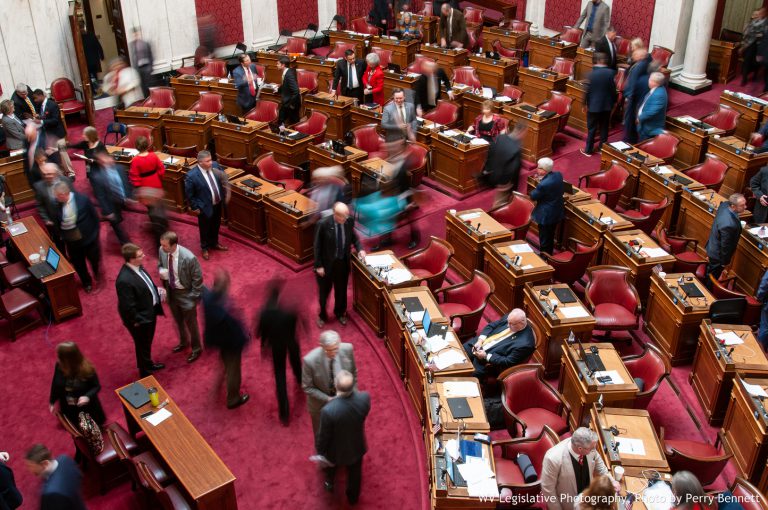It is important to create detailed, efficient and deliberate laws. Crossover Day, the deadline that occurred on the 50th day of the Legislature, is a perfect example of the types of deadlines that ensure quality legislation.
According to Joint Rule 5b, this day during each session is the deadline for all bills and joint resolutions to be considered on third reading in their house of origin. In 2003, an amendment passed to change the deadline from the 53rd day of the session to the 50th day, to afford both houses more time to consider bills approved by either the Senate or House.
During this session, the deadline was April 1. This deadline is a catalyst for the members of the Legislature to focus on a limited number of bills concerning specific issues. Those bills not making the calendars may either be carried over next year, have some provisions inserted into active bills or die.
On Wednesday, members of the Senate repeatedly voted to suspend the Constitutional rule that requires bills to be read on three separate days, because they needed to advance bills from first reading to be presented on third reading before the close of the deadline. The only way to suspend the Constitutional rule is by a four-fifths vote of members present. Several bills were advanced to the House for consideration in this manner as well.

Members can consider some bills on third reading after this deadline passes, but only if the bills relate to supplemental appropriations and the Budget Bill or by the adoption of a concurrent resolution. It is required that a two-thirds vote by both chambers take place to obtain permission for a new bill to be considered. According to the clerks of each body, however, this only happens in the case of a state economic or natural emergency.
Legislators take several facets of each bill into account before they pass it on to the other house. They consider how it will affect their constituents presently and in the future. They look at every possible view of the bill in order to make educated decisions about the possible impact on current state law and the changes they would have to make. They also consider how much money it will take to implement the bill and they discuss ways to improve the measure. After that, the legislators carefully amend and pass the bill to the other house. Legislation meet all deadlines to be considered by the other body, in order for those bills to eventually become law.
Finally, following the usual procedure does not always suffice. In any situation where there is more than one person involved in creating something, disagreements are bound to follow. Conference committees are requested when differences in a bill are apparent.
Conference committees are created when one chamber of the legislature makes amendments to a bill that has already passed in the other body and the original chamber that passed the bill does not approve of the newer amendments. The main goal of a conference committee is to settle the dispute. Generally, conference committees are made up of five members of the House and the Senate and they can deliberate up until the 60th day of the session, according to Joint Rule 3. This allows lawmakers more time to perfect changes to a bill, the deadline has been changed in recent years from 6:00 p.m. to 9:00 p.m.
Many major laws come into existence through the use of conference committees, since there is a need to carefully decide the course of action to take and to perfect the precise language involved in making amendments resulting in agreement of both houses. This form of conflict resolution is the best course of action to concisely review a piece of legislation.
Though the 2009 Regular Session comes to an end on April 11, if the Budget Bill is not finalized, the lawmaking process is not complete. The State Constitution requires the passage of a Budget Bill, often resulting in an Extended “Budget” Session. This allows each body additional time to review and estimate every monetary aspect of the state for the current and next fiscal year. Due to its complexity, the Budget Bill always goes to a conference committee so that both the Senate and the House can resolve differences and submit a balanced budget.







